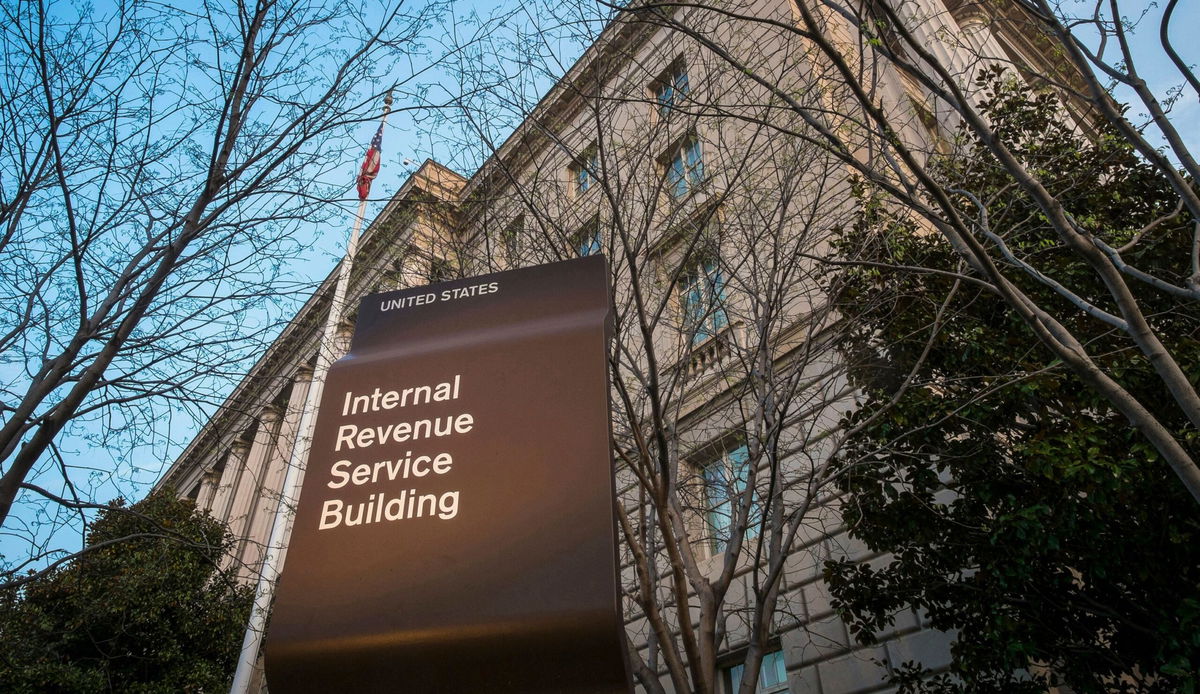IRS postpones rule change on digital payment reporting for small businesses and side hustles

The IRS is once again delaying implementation of a rule change that would have required more 1099-Ks to be issued to small businesses
By Jeanne Sahadi, CNN
New York (CNN) — For the second year in a row, the IRS has decided to postpone implementation of a rule change that would affect tax filers who receive business income for their goods and services via payment apps and online marketplaces like Venmo, CashApp, Etsy and Airbnb, among others.
The change might have resulted in 44 million more 1099-K forms being sent in January to such filers, including small business owners, freelancers, those with side hustles and gig workers.
In explaining why it is postponing implementation again, the IRS cited concern over potential taxpayer confusion and the need to make it easier for all parties to comply with the change.
“We spent many months gathering feedback from third-party groups and others, and it became increasingly clear we need additional time to effectively implement the new reporting requirements,” said IRS Commissioner Danny Werfel. “We want to make this as easy as possible for taxpayers. We will work to make the new reporting requirements easier for them, and we’ll work closely with third-party groups, tax professionals and others to find the smoothest path to ensure compliance with the law.”
What you need to know for your 2023 taxes
For this tax year, the reporting rule that has been in effect for years still applies.
Third-party payment platforms – also known as third-party settlement organizations – must report your gross business income to you and the IRS in January only if you conducted more than 200 business transactions on that platform and earned more than a total of $20,000 from them.
A business transaction is defined as a payment for a good or service, including tips. It does not include personal transactions, like your friend paying you for their share of dinner. Or for money you send your child to pay for expenses.
(Should you end up getting a 1099-K in error, either because your business transactions didn’t exceed this year’s thresholds or because the form reflects money transactions that were personal, check this IRS page for how to correct the situation).
The rule change, which was enacted under the American Rescue Plan of 2021, will eventually require that third-party platforms issue you a 1099-K if you made more than $600 in annual business income over one or more business transactions.
What to know for 2024
But the IRS on Tuesday said for tax year 2024, rather than implement the $600 threshold it will instead “phase-in” the change, and only require third-party platforms to issue you a 1099-K if your business transactions exceed $5,000.
“This phased-in approach will allow the agency to review its operational processes to better address taxpayer and stakeholder concerns,” the IRS said.
The Coalition for 1099-K Tax Fairness – members of which include the Electronic Transactions Association, Airbnb, PayPal, Eventbrite, Etsy, Poshmark and others – said the delay will give members of Congress time to come up with a “permanent, bipartisan fix” to the rule. Lawmakers on both sides of the aisle –- including Democratic Senator Sherrod Brown of Ohio and Republican Senator Bill Cassidy of Louisiana – have pushed for a higher income threshold to be used.
“The Biden Administration’s decision represents a victory for common-sense tax policy by ensuring that consumers are not facing a tsunami of 1099-Ks in January,” said Arshi Siddiqui, a partner at Akin Gump, who is leading the Coalition’s lobbying efforts.
Regardless of delay or rule change, your tax obligations remain the same
Neither the delay of the rule change nor the eventual implementation of it will change your tax burden in any way.
That’s because you have always been obligated as a taxpayer to report the money you make from your business activities to the IRS.
The difference once the rule change goes into effect is that the IRS will be learning about your business income from a third party payment platform. So that will make it harder for someone to evade the taxes they owe if they’re tempted to underreport what they made.
And the change will effectively pull back the curtain on just how much business income is being generated on third-party payment platforms.
The-CNN-Wire
™ & © 2023 Cable News Network, Inc., a Warner Bros. Discovery Company. All rights reserved.